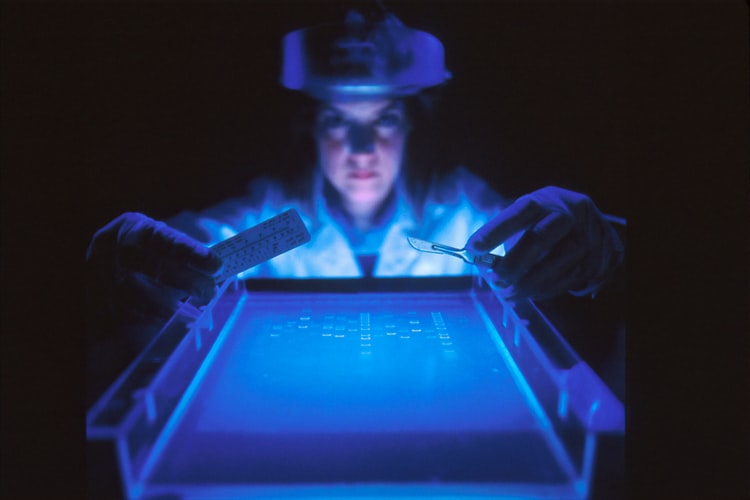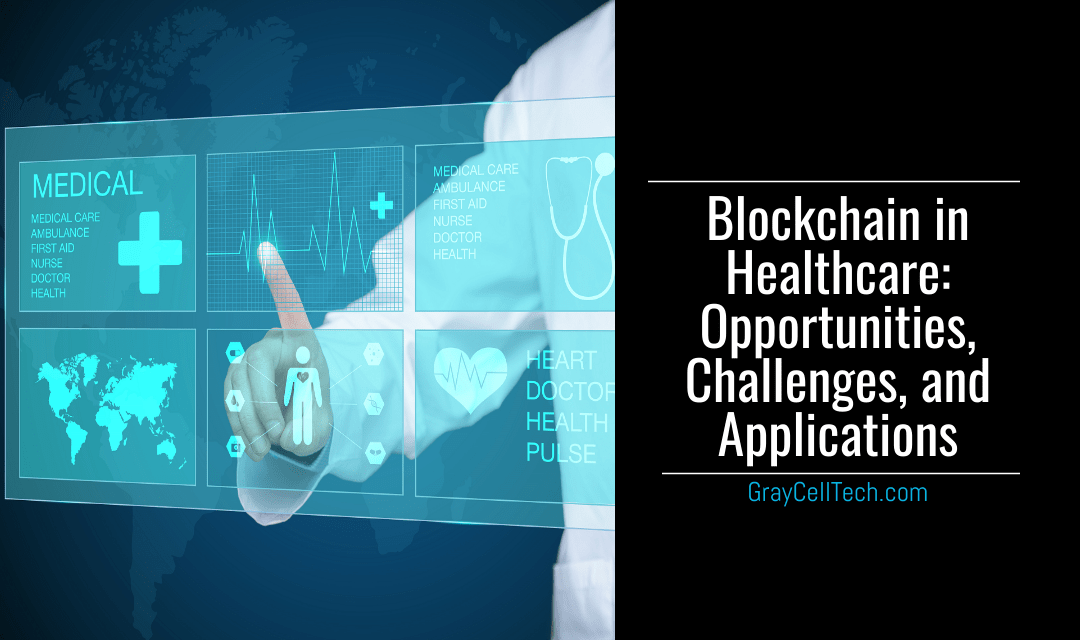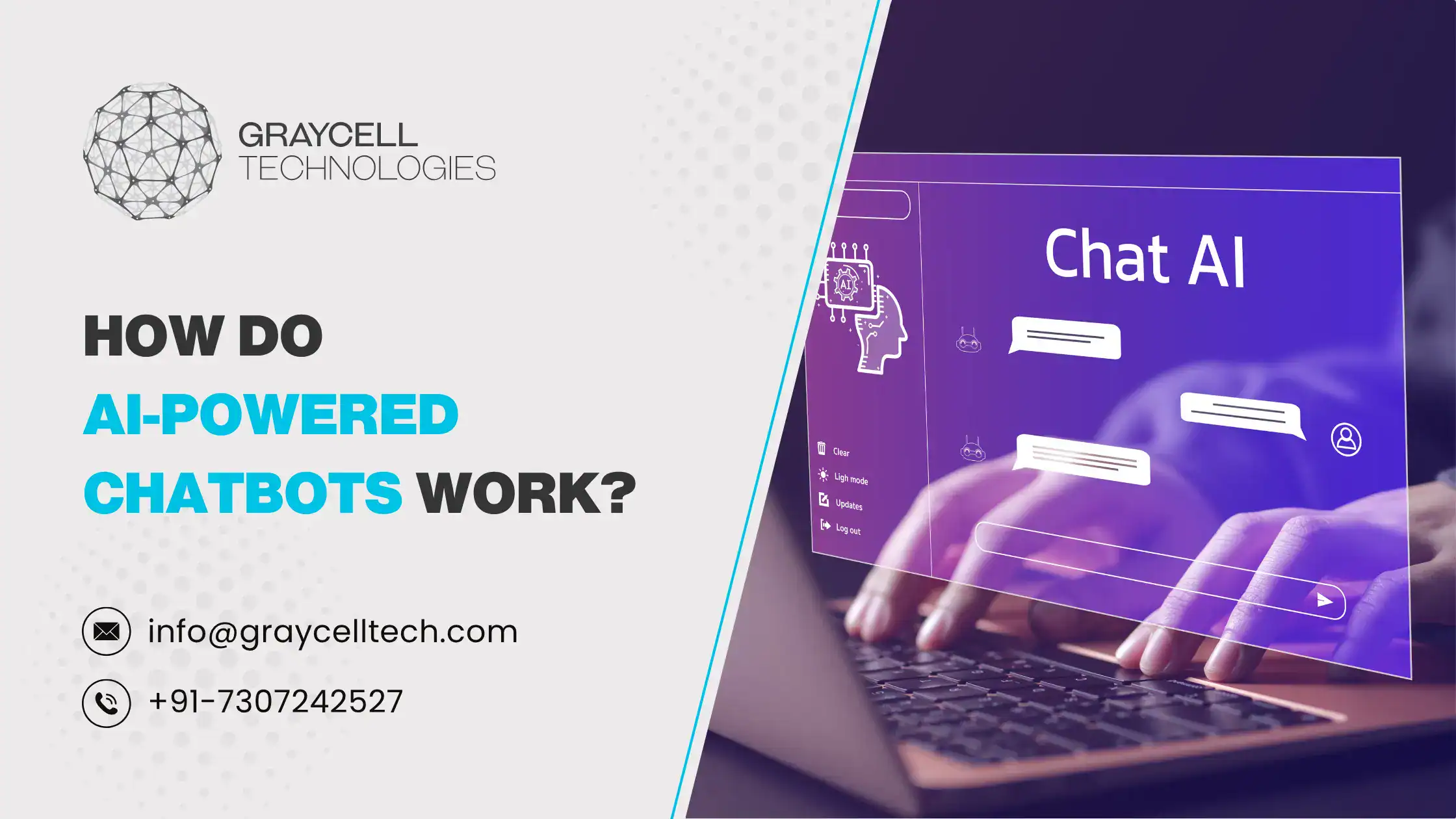Healthcare is responsible for improving life expectancy and quality of life. Living in the world witnessing exceptional technological breakthroughs, healthcare transformation has become a major focus. The healthcare industry needs technology and innovation to combat its unprecedented challenges and rising healthcare costs. One such technology that can help healthcare organizations to create perfect conditions for better, faster, and more cost-effective health outcomes – is blockchain.
Blockchain technology in healthcare can enable doctors to achieve the desired results faster as well as privilege patients with the knowledge of their bodily state. Let’s try to identify how blockchain technology will work to address various healthcare issues of improving access, increasing efficiency, eliminating waste, lowering costs and more.
Blockchain Opportunities for Health Data
You may have heard blockchain as a record-keeping technology behind bitcoin. Probably know its definition as a distributed, decentralized, and public ledger technology. That’s right!! In simpler terms, blockchain refers to the digital information (“Blocks”) stored on a public database (“Chain”).
But, how it makes sense to deal with current healthcare issues? Let’s understand this by figuring out the essential blockchain opportunities to determine a clear course of action.

Current Healthcare System Issues:
- ealthcare has no streamlined system to maintain health data as universal medical records. It impacts the quality of treatments patients received.
- Health data is prone to fraudulent alterations as well as accidental loss or damage.
- Poorly organized health data requires lots of time and cost to handle.
- It is cumbersome to manage and track data of any health campaigns or relief activities as split between different agencies.
- Hospitals and other health systems face big problems in collecting patient payments, managing claims, and remittances, underpayments, etc.
- Medical professionals face problems accessing the medical history of their patients. Consequently, increases the time and efforts for re-diagnosing.
- Pharmaceutical products pass-through many hands from production to patients, introducing huge issues of converting the real prescriptions to counterfeit drugs. It risks the patient’s health.
- Healthcare researchers test new treatments, record, and store the results of these clinical trials to determine efficiency to prevent, detect, and manage various medical conditions. But, there arise difficulties of dissimilar record systems, tracking the abundant data, and also the fear of stealing, corrupting, or natural data damaging.
Corresponding Blockchain Opportunities:
- Blockchain medical records can provide a high-level of data accuracy and transparency through a distributed and decentralized ledger. Access to the same electronic records will considerably improve the quality of treatment.
- Blockchain technology improves data privacy and security as the ledger is indelible and unforgeable. To make any changes, it should be validated by every single other blockchain in the system so it’s quite impossible to delete or edit the blockchain-based healthcare data.
- Due to decentralized & self-executing characteristics of blockchain technology, it can reduce data handling costs by providing easy access to any related party, anytime regardless of its location.
- Blockchain technology can enable easy public health management by offering the same shared ledger for a live feed to different agencies on relief efforts/health campaigns.
- Blockchain billing management can simplify the complicated and long medical payment and billing processes by removing third-party involvement. It offers a direct and trackable flow of information.
- Blockchain can provide easy management of data to patients by allowing fast uploads and secure storage for updated medical information while previous records remain intact. This data can be immediately assessed by doctors.
- The immutability of blockchain data can prevent prescription alteration. Blockchain technology will not only assure efficient drug traceability but also enhance the supply chain processes.
- The blockchain-aided clinical trial process can give a high degree of data control. With greater transparency and accountability, blockchain technology will make vital information accessible to researchers, pharmaceutical companies, and legislators, etc. securely.
Blockchain Applications

With the required flexibility, the list of use cases of the expansive and modular blockchain environment in healthcare is quite lengthy. Including the blockchain apps for relief efforts, improving patient-doctor interactions, entering the genomics age, some other potential blockchain apps are as follows:
- Electronic Health Records
One of the most important applications of blockchain technology is to use it for maintaining electronic health records. These longitudinal patient records can include disease registries, lab results, treatments, or more. These records have a single master index that can be mapped through multiple addresses and multiple keys.
- Medical Credentialing Solutions
A blockchain-enabled medical credentialing solution can replace the inefficient and time-consuming system of degree verification, credentialing, and continuing education. It will aid various sources of credentialing information including hospitals, medical educational institutions, licensing boards, national health agencies, etc.
- Advanced Biomedical Research
Blockchain technology shows great potential to enhance biomedical research by providing more transparency, accessibility, mobilization of scientific knowledge.
- Clinical Trial Management
It can improve clinical trial management through the patient-centric database where all the data sources like hospitals, care providers can share the results of the trail for patient access.
- Modernizing Pharmaceutical Supply Chain
A blockchain solution can enhance all the important characteristics of a drug supply chain through greater transactional data visibility and interoperability to stop falsified medicines.
Challenges to Implementation
Blockchain technology has many healthcare applications but for healthcare industry novices, there are still some obstacles to overcome before adopting it.
- Blockchain technology can be a bit difficult to understand for many. They are not ready for production as they need more blockchain app examples to understand its true nature.
- Health/medical data is too large and requires a huge storage capacity. It can sometimes be impractical for small or medium-scale blockchain development companies in healthcare IT solutions.
- Implementing blockchain technology needs a decent infrastructure, interconnectivity, and experts. These might act as technical barriers to achieving success in the healthcare industry.
- There are no set rules in blockchain to address data ownership issues. It is still a question for companies that how healthcare blockchain policies go with privacy regulations.
Conclusion
Blockchains technology is setting new standards of patient care. Blockchain-enabled solutions can work as a digital backbone of eHealth, mHealth applications, and the Internet of Medical Things (IoMT). The healthcare industry has witnessed many revolutionary changes brought by blockchain technology over the past few years. It promises to accelerate a positive transformation in healthcare with the development of more patient-centric solutions. Expectantly, healthcare providers and patients will continue to reap the benefits of blockchain technology with its ability to put a check on inefficient healthcare practices, constant data breaches, and skyrocketing hospital costs!!








